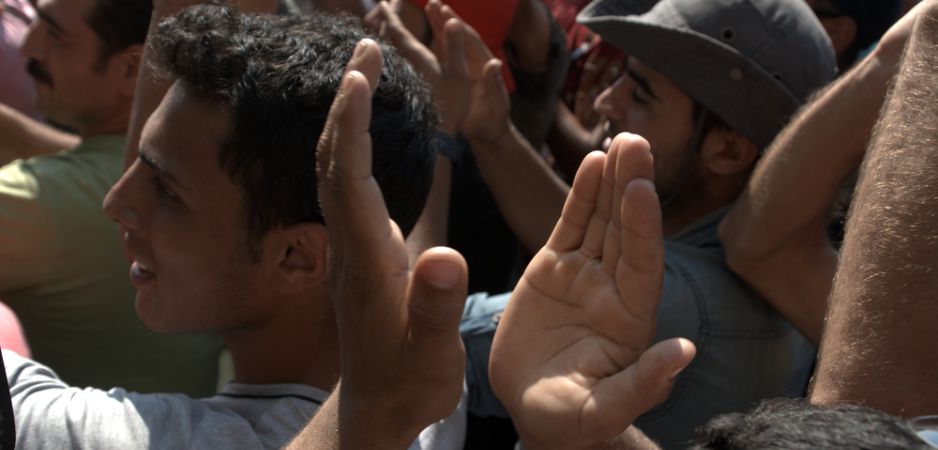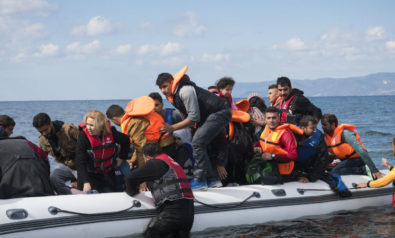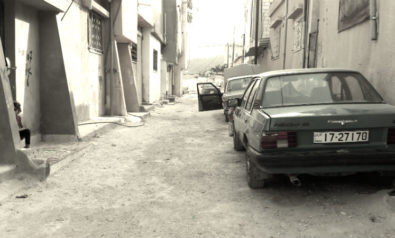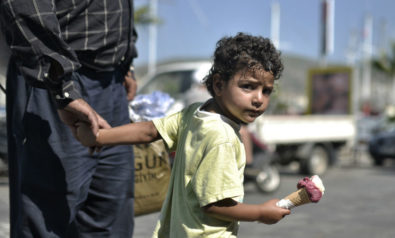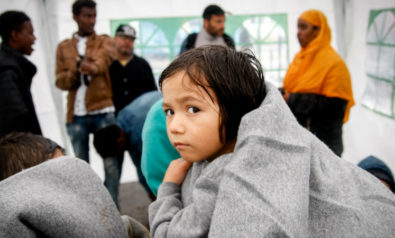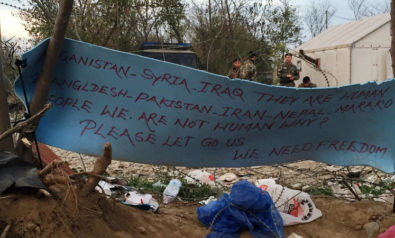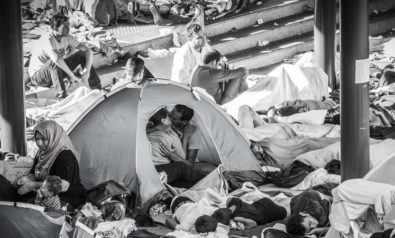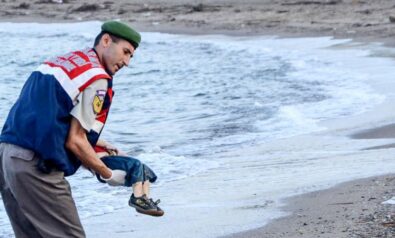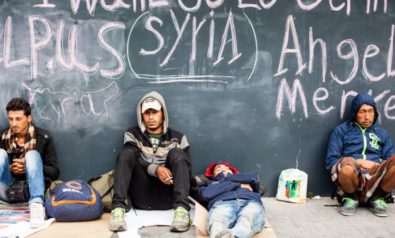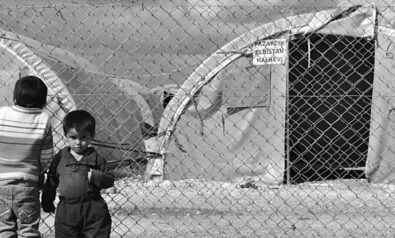At holding centers in Germany, reports have surfaced that Syrian Christians have faced attacks by other asylum seekers.
It is disturbing to hear of attacks on Syrian Christian asylum seekers by fellow Muslim asylum seekers at German reception centers—I am sure the blame for these outbreaks is shared.
There is a bitter civil war in Syria, and it wouldn’t be surprising that some of those fleeing the conflict hold hard feelings toward some of their countrymen and women. But if they are seeking asylum in Europe, these feelings should be left behind in Syria.
Some of the attacks on Syrian Christians are reportedly being made by people who are not Syrian at all.
Volker Kauder, the chairman of the Christian Democratic Union parliamentary group, called on Muslim authorities in Germany to “clearly renounce attacks on Christians in the asylum homes.” The call came after recorded incidents of anti-Christian attacks in a number of shelters.
In one case, according German daily Die Welt, Muslim Chechens assaulted Syrian Christians at a camp near Berlin. The newspaper quotes Jakob Simon, a spokesperson for Germany’s Central Council for Oriental Christians, who says that discrimination and blackmail against Christian refugees is now widespread.
“I’ve heard so many reports from Christian refugees who were attacked by conservative Muslims,” said Simon, who added that recorded incidents were not the full story. “The number of unreported cases is much higher,” he insisted.
Perhaps he is exaggerating. But if asylum seekers are bringing these attitudes with them to Europe, they have a long way to go before they become fully integrated into modern European society.
It also raises the pragmatic but difficult question of whether some religious groups will find it easier than others to integrate. Refugee law takes no account of this, but it could become a challenge in the years ahead.
There has been a recommendation by Jorg Radek, the deputy head of Germany’s police union, to house refugees separately.
“I think housing, separated according to religion makes perfect sense,” said Radek, who added that Germany’s police are now stretched to the limits of their capabilities by duties in registering the vast numbers of refugees, together with ending disputes between those now residing in holding centers.
The call has been echoed at the political level, with former German Interior Minister Hans-Peter Friedrich stating: “It is sad, but obviously necessary, that we require the separation of asylum seekers according to religion.”
The ideal solution is an end to the civil wars in Syria and Iraq, which feed off one another. Both Syria and Iraq have artificial boundaries, drawn for the convenience of France and Britain during World War I, without regard to local preferences.
Now, the Sykes-Picot agreement has come apart. In fact, it never worked very well because one group always dominated the other in both countries.
A comprehensive agreed boundary revision, and the creation of several new states may not be ideal, but it may be what is happening now anyway. How many more people have to die before something along those lines is formally recognized?
The answer to that question is to be found in Iran and Saudi Arabia, instead of Iraq and Syria.
The views expressed in this article are the author’s own and do not necessarily reflect Fair Observer’s editorial policy.
Photo Credit: Attila Jandi / Shutterstock.com
 We bring you perspectives from around the world. Help us to inform and educate. Your donation is tax-deductible. Join over 400 people to become a donor or you could choose to be a sponsor.
We bring you perspectives from around the world. Help us to inform and educate. Your donation is tax-deductible. Join over 400 people to become a donor or you could choose to be a sponsor.
Support Fair Observer
We rely on your support for our independence, diversity and quality.
For more than 10 years, Fair Observer has been free, fair and independent. No billionaire owns us, no advertisers control us. We are a reader-supported nonprofit. Unlike many other publications, we keep our content free for readers regardless of where they live or whether they can afford to pay. We have no paywalls and no ads.
In the post-truth era of fake news, echo chambers and filter bubbles, we publish a plurality of perspectives from around the world. Anyone can publish with us, but everyone goes through a rigorous editorial process. So, you get fact-checked, well-reasoned content instead of noise.
We publish 2,500+ voices from 90+ countries. We also conduct education and training programs
on subjects ranging from digital media and journalism to writing and critical thinking. This
doesn’t come cheap. Servers, editors, trainers and web developers cost
money.
Please consider supporting us on a regular basis as a recurring donor or a
sustaining member.
Will you support FO’s journalism?
We rely on your support for our independence, diversity and quality.


